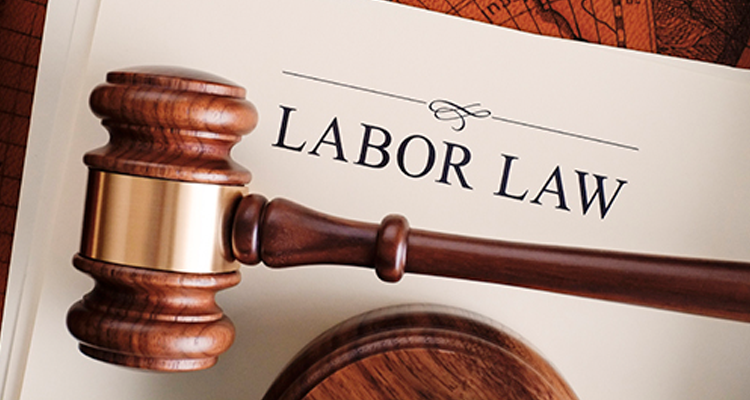Overview
Vietnam’s labour legislation and its implementation in practice are well developed. It is a uniform set of rules that applies, with the exception of work permit requirements, the compulsory social security system and the right to join trade unions, to both Vietnamese and foreigners with a local employment contract. In comparison to some other countries in the region, the position of employees is rather well protected. Vietnam labour law is mandatory in a one-sided way: Employer and employee may not agree on terms that are less favourable to the employee than the conditions set out in labour legislation, in particular the Labour Code. They may, however, agree on terms that are more favourable.
Vietnam labour laws do not distinguish between blue colour and white colour employees. The general director of a company enjoys, if he or she has a local labour contract, the same level of protection as an assembly line worker.
The Vietnam Labour Code was recently revised (Law No. 10/2012/QH13). The new Vietnam Labour Code will take effect as from 1 May 2013. It provides that labour contracts concluded prior to 1 May 2013 must be amended to the extent that they contain clauses that are less favourable to the employee than what is provided for in the new Labour Code (e.g. the minimum salary during probationary period or temporary assignment to a different job must be at least 85% of the ordinary salary under the new law as opposed to 70% presently). For the first time, the concept of labour outsourcing (labour sub-lease) is recognized in Vietnamese law. Furthermore, the new Labour Code introduced procedures aimed at reducing incidences of wildcat strikes.
Applicable laws
The following laws are relevant to labour relations:
- Labor Code 1994 (as amended in 2002, 2006 and 2007) and Labor Code 2013 (which will take effect as from 1 May 2013 and replace Labor Code 1994 and its amendments);
- Civil Procedure Code 2004;
- Law on Trade Union 1990 and Law on Trade Union 2012 (which will take effect as from 1 January 2013 and replace the Law on Trade Union 1990);
- Law on Social Insurance 2006;
- Law on Health Insurance 2008;
- other regulations such as decrees, decisions, circulars and rules implementing the Labour Code.
Relevant Government Authorities
Labour matters are dealt with by the Ministry of Labor, War Invalids and Social Affairs (“MOLISA”), its local departments (“DOLISA”) and, if the factory of the employer is located in an industrial zone, the respective Industrial Zone Authority. The MOLISA drafts policies on labour, issues circulars, decisions and rules that create, or interpret, labour legislation, and is the instance of appeal against decisions of the DOLISA. The DOLISA and/or the Industrial Zone Authorities are in charge of implementing labour legislation, e.g. the issuance of work permits or the hearing of complaints against bad employment practices.
Employees feeling aggrieved by acts of an employer would usually turn to the DOLISA or the People’s Committee or go to court.
The labour inspectorate within the DOLISA and the chairman of a People’s Committee have the power to assess administrative penalties on an employer breaching labour legislation (Decree 47/2010/ND-CP).
The competent court for labour disputes is the People’s Court at district level if both plaintiff and defendant are Vietnamese, and the People’s Court in a province or centrally-run city if employer and/or employee are foreigners (“foreigner” includes foreign-invested enterprises). It is possible for an employee to file a lawsuit without going through conciliation first if the dispute is about the unilateral termination of a labour contract and in some other cases.










